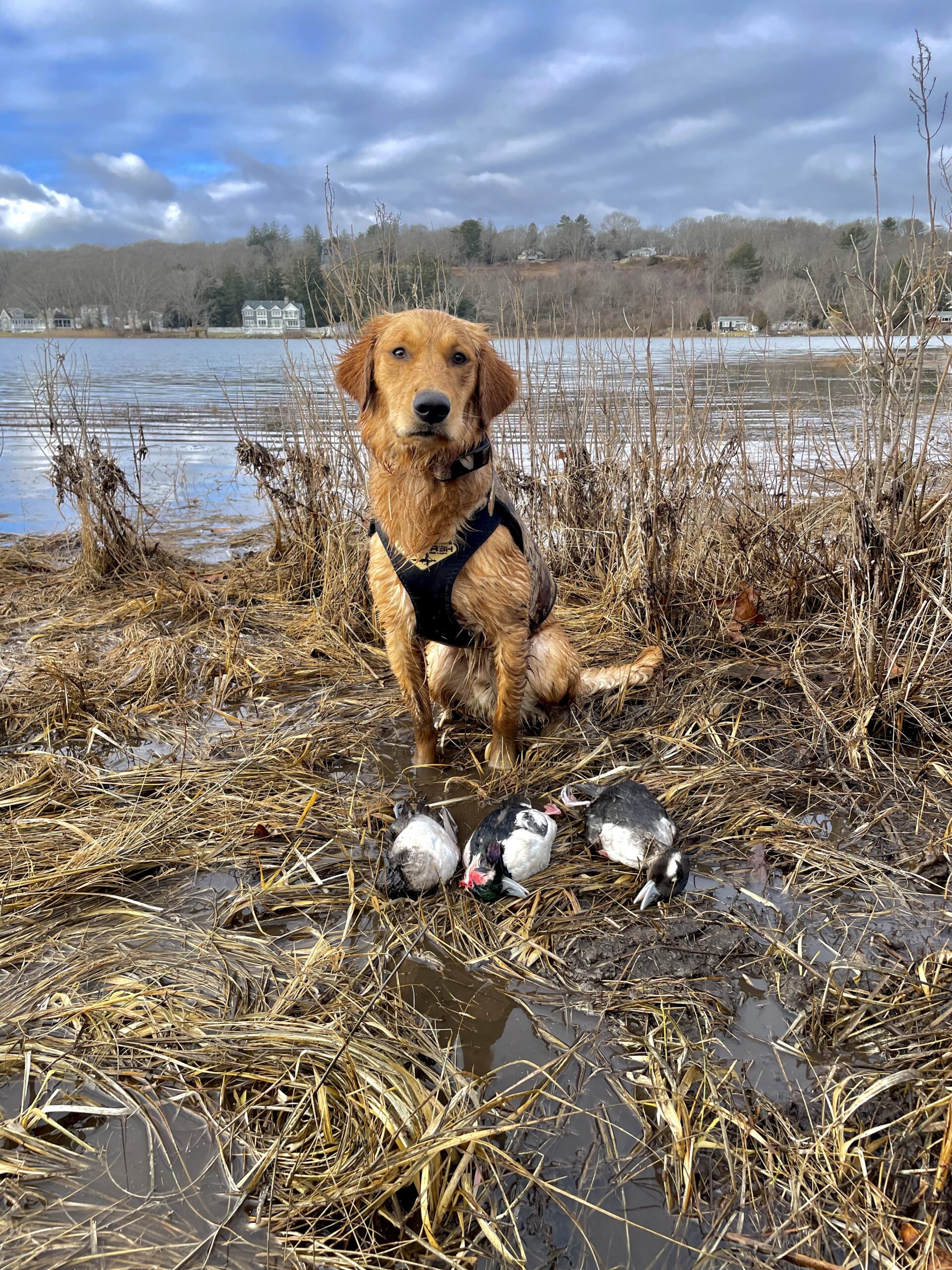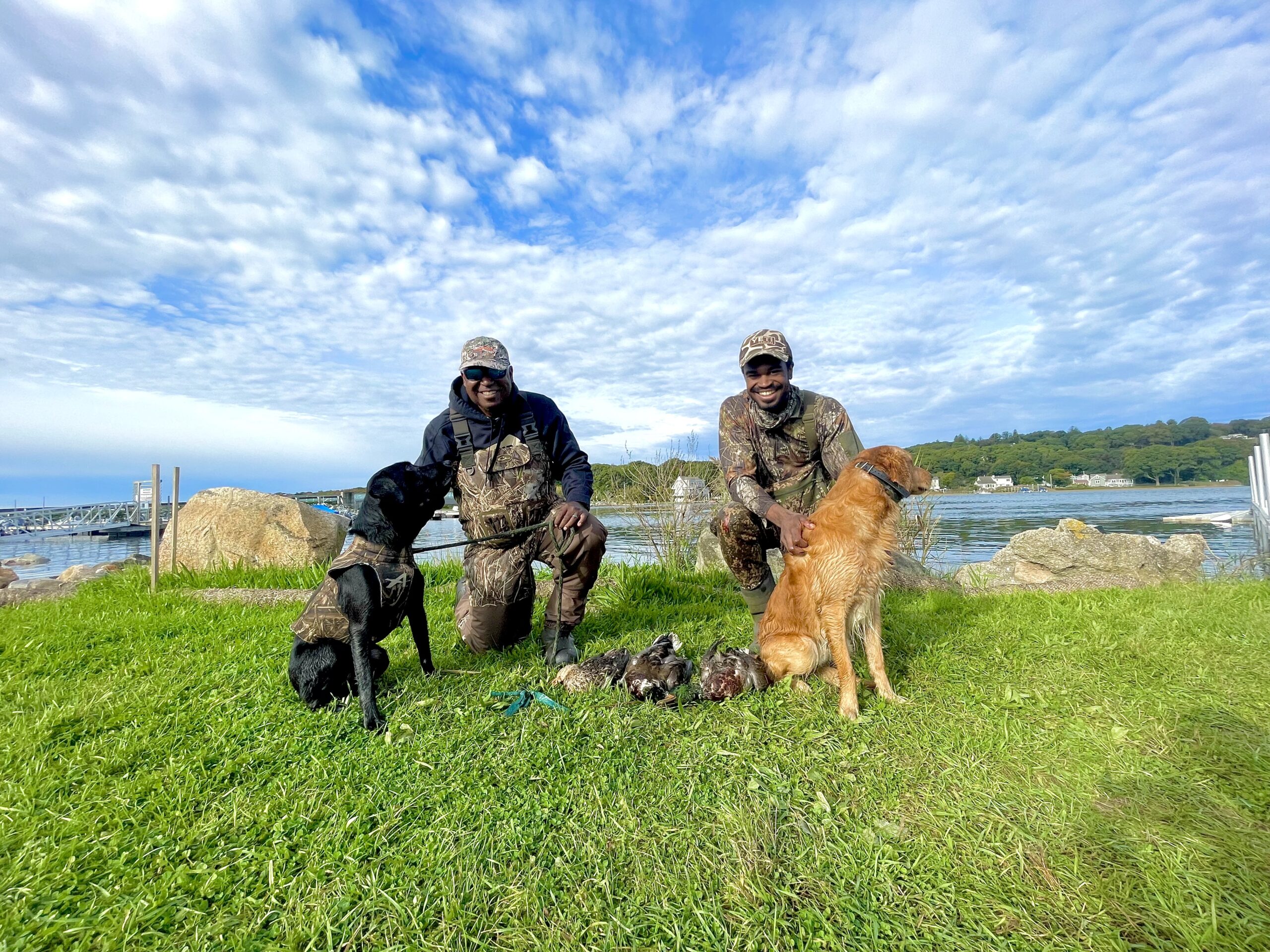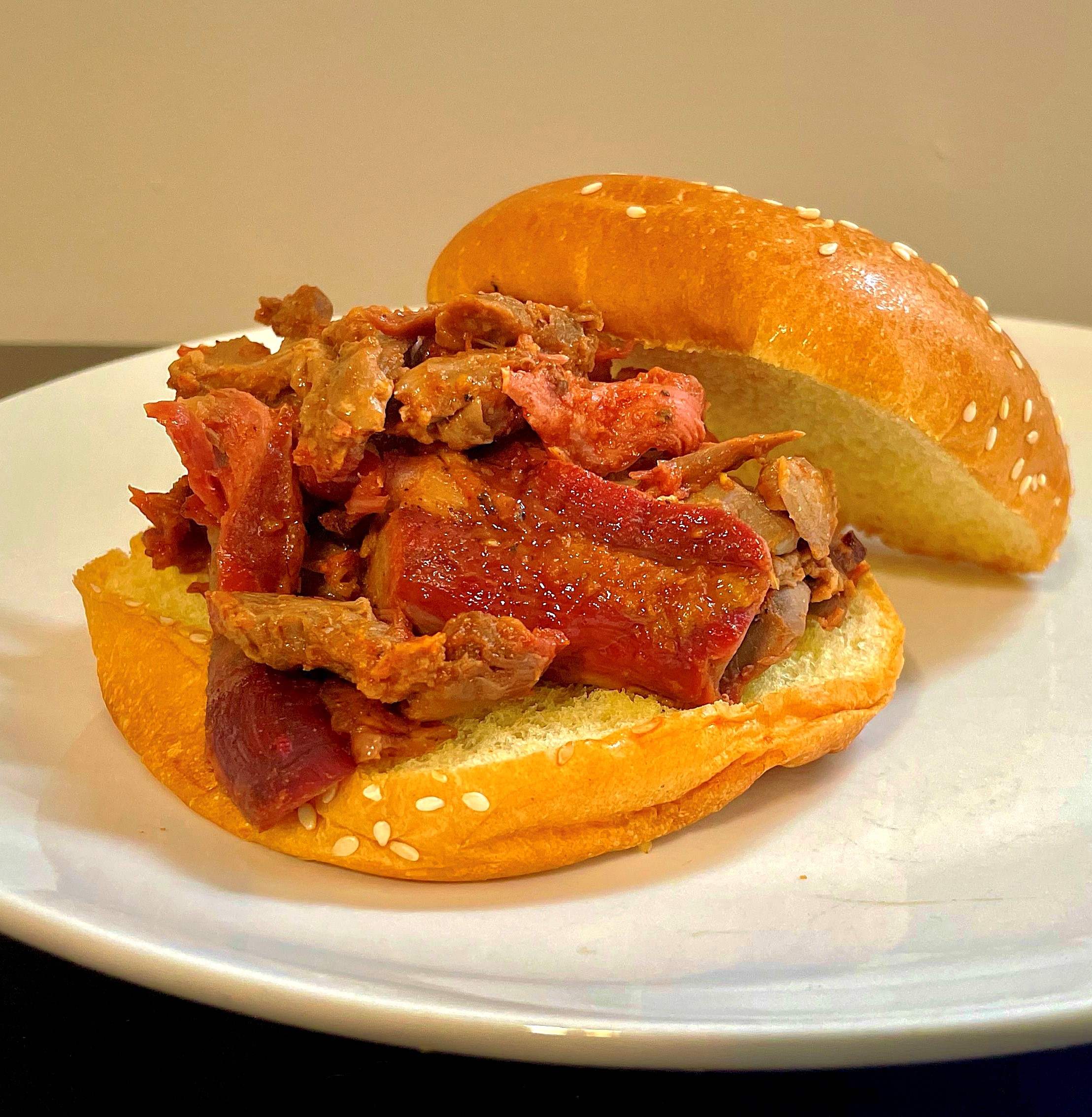*As first published by Harvesting Nature
Don’t Doubt the Scout
Hunting has its successes and failures. It isn’t easy and harvesting game on every trip is unlikely
– but that’s why we do it. However, scouting game is a great way to increase your chances and
form a stronger relationship with your harvest. Scouting allows you to enter the mind of your
game and provides you with the insight necessary to see your efforts through all phases of the
pursuit.
Preparation
Having studied animal behavior both academically and recreationally, I can confidently say that
it is of foremost importance to understand the general behavior of your target species before you
head out to scout it. More precisely, it is prudent to understand their preferred weather and
climate, general activity level throughout the day (in the morning, midday, and evening), and
most importantly, their preferred habitat niche. Knowing these three factors will help you
determine where to concentrate your scouting and subsequent hunting efforts.
Once you have an idea of the behavioral aspects of the species you are targeting and have selected a
target scouting area, you will need to choose your gear. Gear selection generally includes
identifying what you will wear when hunting alongside a couple additional situation-specific
add-ons.
Speaking of add-ons, a solid pair of binoculars will allow you to maintain your distance from
your target, thereby reducing the amount of scent you’ll leave and consequently lowering the risk
that you will be spotted. Sometimes though, scouting requires you to get closer to your game –
think listening for turkeys in the woods at dawn or scouting a waterfowl fly-way. In such
situations, camouflage will be necessary to decrease the risk of detection.
Before you begin scouting, plan a route or a series of routes that you’ll follow to gather
information on a variety of potential spots. Each time you take the same route, gather
information about the efficacy of any particular spot that you plan to hunt.
Execution
I tend to rotate through a couple of different routes on different days, covering them in both the
morning and the evening. This allows me to understand the prevalence of where game is at
different times of the day so I can eliminate spots that may have low efficacy. Additionally,
you’ll want to vary your routes with changes in the weather. Your prior research on your target
species will allow you to understand what they might do, and where they might be according to
different weather patterns.
For example, ducks fly more on foul weather days than on bluebird days because they have to
keep moving to find suitable areas to rest and feed. Meanwhile, there may not be much flight in
your main fly-way on proverbial “bluebird days”. Understanding factors like this can better
empower you to choose your locations wisely.
That said, ducks will return to a roost in the evenings after having left in the mornings even on
bluebird days. An understanding of where ducks generally return each evening allows you to
scout, and perhaps target, them on days less suited to hunting other locations. Similar concepts
can apply to other game species.
Conclusion
I find pre-hunt scouting to be one of the most exciting endeavors at the beginning of each
hunting season. In fact, one of my favorite hunts to date was directly linked to scouting. Living
in southern New England, I am often forced to hunt public land adjacent to suburbia. As I was
taking my usual scouting route through a neighborhood which abuts a large patch of woods, I
spotted a Tom turkey on his way to roost alone. I went to bed that night knowing exactly where
that bird was, and exactly where I needed to position myself relative to his location in order to
harvest him. My hunting partner and I set up and had an exciting 20 minutes of action which
included a lot of gobbling and repeated strutting. Eventually he wandered in close enough and
we harvested him.
As I prepared my meals off of that turkey, I was able to link them back to when I first saw him
go to roost, which led to great stories I could tell about how that harvest came to be.
The exhilaration that comes from these types of hunting experiences is unmatched. The scouting
aspect of that story adds an extra dimension to the tale. Had I not scouted that evening, I would
never had known that bird was there. It is possible that I would have still harvested him at some
point, but my success would have been one of luck rather than one of extra care and preparation.
You can absolutely have success without scouting, but doing so only heightens the experience.












